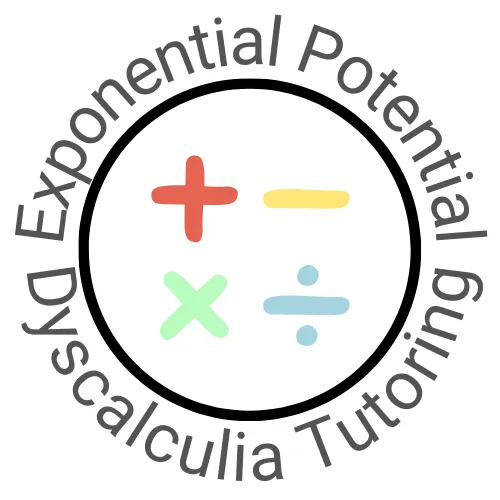Contact Us
Blog

Building a Resource Hub for Dyscalculia Support: My Journey
When my daughter was diagnosed with dyscalculia, we were told she would benefit from multi-sensory tutoring. Like many parents, I asked where we could find such help—and received no clear answer. Knowing the statistics, that dyscalculia occurs at similar rates to dyslexia yet receives far less attention and support, I realized many other families must be facing this same frustrating situation. This motivated me to seek training to work with students like my daughter and ultimately to create an online resource hub for other families navigating this journey.
Using Full Scope Freelancer's website-building tools, I've been able to create a professional, searchable presence that helps parents find the dyscalculia support they've been seeking. Many who find my website have been searching extensively for ways to help their child, often feeling isolated in their struggle. As both a parent who homeschooled a child with dyscalculia and a trained tutor, I understand both the challenges these families face and the importance of proper support.
Parents often come having "tried everything"—multiple curriculum changes, traditional tutoring focused only on current homework, and various approaches that don't address the fundamental need for building number sense and mathematical understanding. Through my website and blog, I share strategies that focus on the essential elements of successful math learning for students with dyscalculia: multi-sensory approaches, the progression from concrete to representational to abstract concepts, and the importance of daily practice tailored to each student's needs.
While I can only work directly with a limited number of students through one-on-one tutoring, my online presence allows me to share valuable resources with families everywhere. One of the most effective ways I've found to help students with dyscalculia is through multi-sensory games that create positive math experiences. For example, a simple game like Shut The Box helps develop number flexibility as students explore different combinations of numbers. Another favorite is our adaptation of Go Fish, where instead of matching pairs, players find numbers that add up to 10 – building essential number bonds through play.

These games work because they engage multiple senses, create memorable experiences, and make math practice something families can enjoy together. When students learn through play, they're more likely to retain concepts and develop confidence in their mathematical abilities.
Transform math practice into family fun!
I've created a free guide packed with multi-sensory math games to play with materials you already have at home. Each game is designed to create positive, memorable experiences while building essential math skills. You'll get:
- Detailed instructions for games like Shut The Box and Make 10 Go Fish
- Lists of simple materials needed for each game
- Explanations of which math skills each game develops
- Modifications to match your child's current level
- Tips for creating an engaging learning experience
These aren't just games – they're carefully designed learning tools that make math practice something your child will look forward to. Every game incorporates multi-sensory learning, helping concepts stick through hands-on experience and family interaction.
Sign up below for instant access to your free game guide and join our community of parents supporting students with dyscalculia!
While I currently support families through one-on-one tutoring and these online resources, Full Scope Freelancer's robust platform allows me to grow these offerings over time. As I continue to develop content and resources, my website will evolve to meet the expanding needs of families dealing with dyscalculia. My mission remains constant: providing accessible, effective support for students with dyscalculia and empowering their parents with practical tools and strategies.
Remember, with the right support and strategies, students with dyscalculia can succeed in mathematics. It's about finding the right approach—one that builds understanding through concrete experiences creates positive associations with math, and provides consistent, appropriate support. Whether through games, daily practice, or structured learning, every step forward builds confidence and capability in our students.
Disclosure: This post contains affiliate links. I may earn a commission if you sign up using my link, but I only share tools I genuinely use and love in my own tutoring business!


